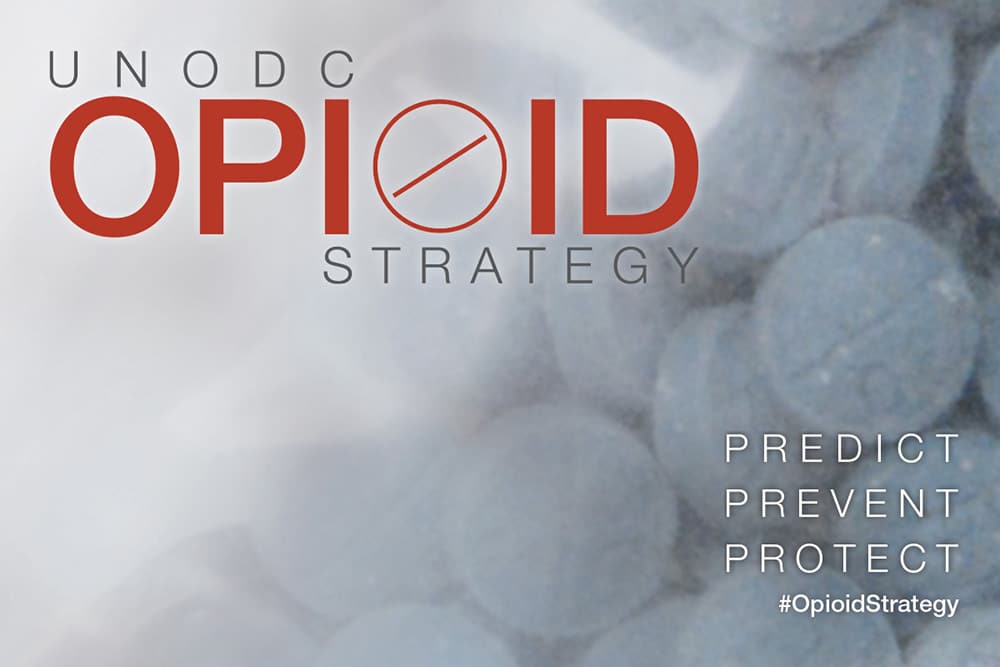Neonatal abstinence syndrome: UNODC and experts discuss support for mothers and infants exposed prenatally to synthetic drugs
Vienna (Austria), 27 May 2022 – The reach of the opioid crisis has extended to the youngest and most vulnerable, affecting pregnant women and their infants who are prenatally exposed to synthetic drugs.
Some international guidance exists for managing substance use disorders in pregnant women. However, to ensure the best outcomes for children exposed in utero to synthetic drugs, we need comprehensive guidance for immediate, short and long term multi-disciplinary responses and care.
To explore the impact on infant children of prenatal exposure to synthetic drugs, in particular synthetic opioids, the United Nations Office on Drugs and Crime (UNODC) held a technical consultation online with 43 clinicians and academic experts from 14 countries and six specialized UN agencies.
Held on 1-3 February 2022, the consultation discussed the health, social, educational and legal needs of infants born with neonatal exposure to synthetic opioids. Participants identified gaps in the guidance available to health professionals for addressing the needs of infants with neonatal abstinence syndrome and recommended multi-disciplinary actions to address these gaps.
Addressing the meeting, Mr. Alexandre Bilodeau, Deputy Permanent Representative of Canada to the International Organizations in Vienna, said: “Infants experiencing withdrawal from opioid exposure can surely be counted among the most vulnerable members of our society. Canada fully recognizes the critical importance of addressing this issue and its multiple public health consequences. Canada is very proud to support the UNODC Synthetic Drug Strategy and UNODC’s work on neonatal abstinence syndrome,” he added.
A further awareness-raising gathering on this issue was held at a side-event to the 65th Session of the Commission on Narcotic Drugs on 17 March 2022. The event included a powerful address from one panellist, Ms. Lauren Dicair, a psychotherapist and clinical social worker working with the adult children of people who have used drugs.
Ms. Dicair brought to the table her own lived experience of being born with neonatal abstinence syndrome. She explained how, as an adult, she is still suffering from the consequences: “decades of complex trauma and grief” as well as a “bizarre array of physical symptoms” resulting from her early drug exposure. She called for funding for large-scale research on the lifelong psychological and physical effects of neonatal abstinence syndrome, as well as for public education to help reduce stigma.
The keynote speaker, Ms. Carol Anne Chenard, Director of Health Canada’s Office of Controlled Substances, stressed the need for comprehensive international guidance and multidisciplinary responses to respond to this issue.









